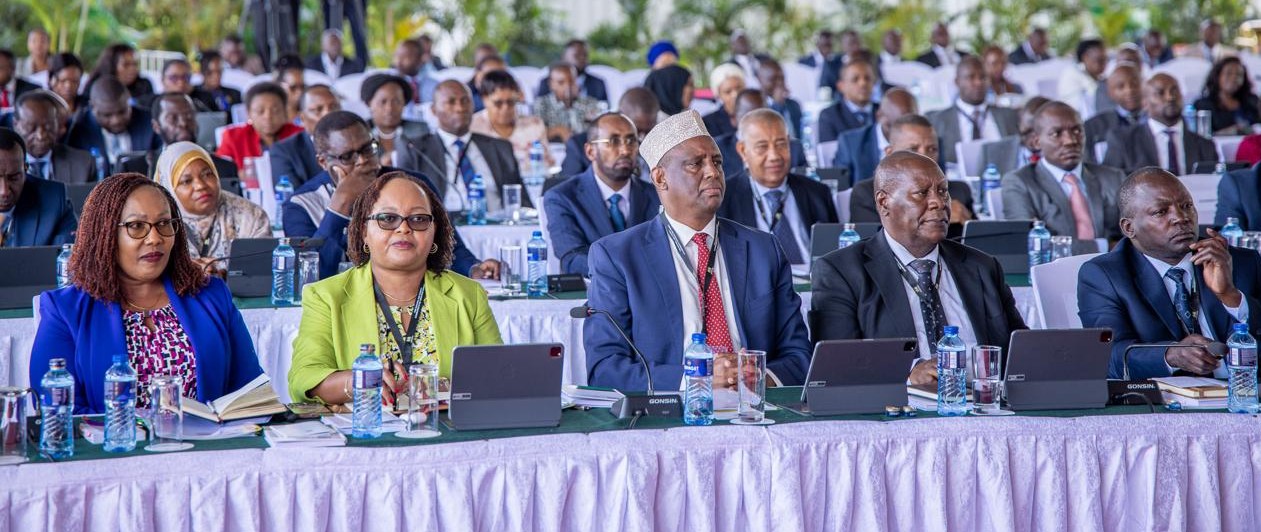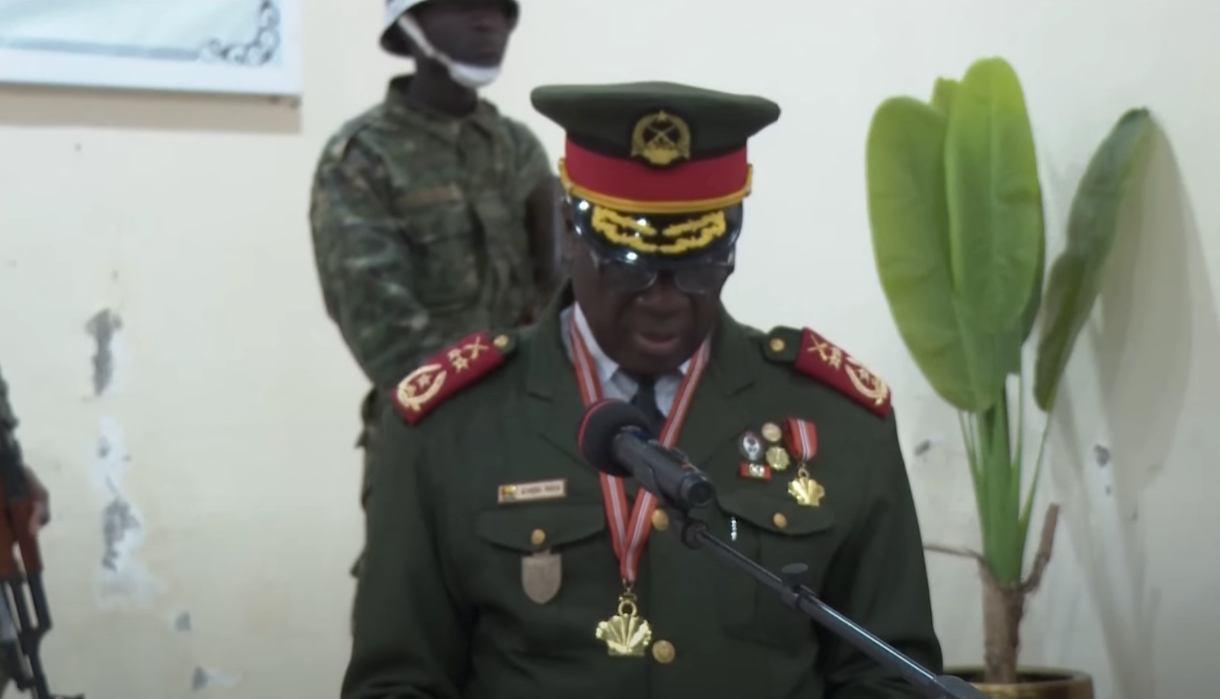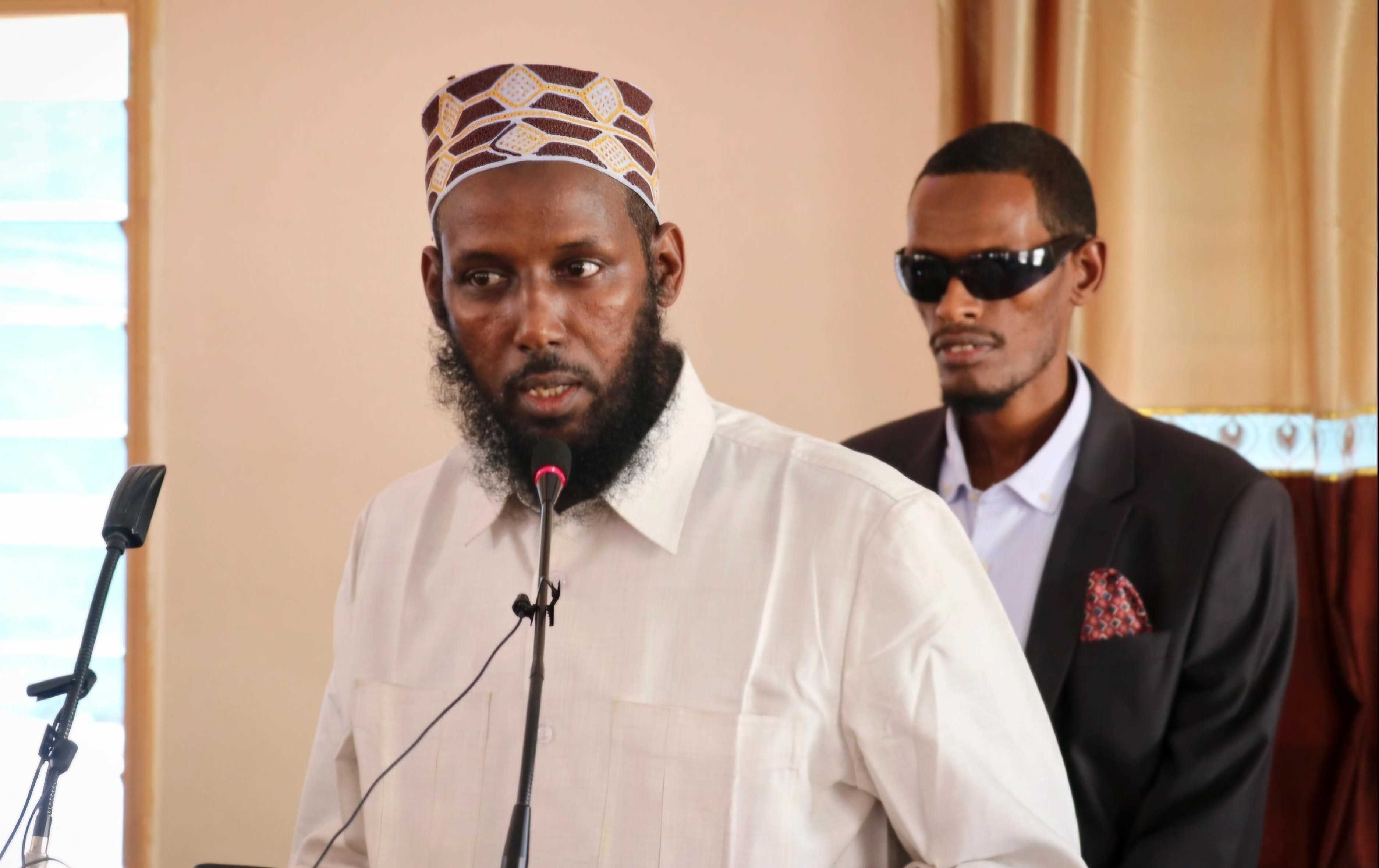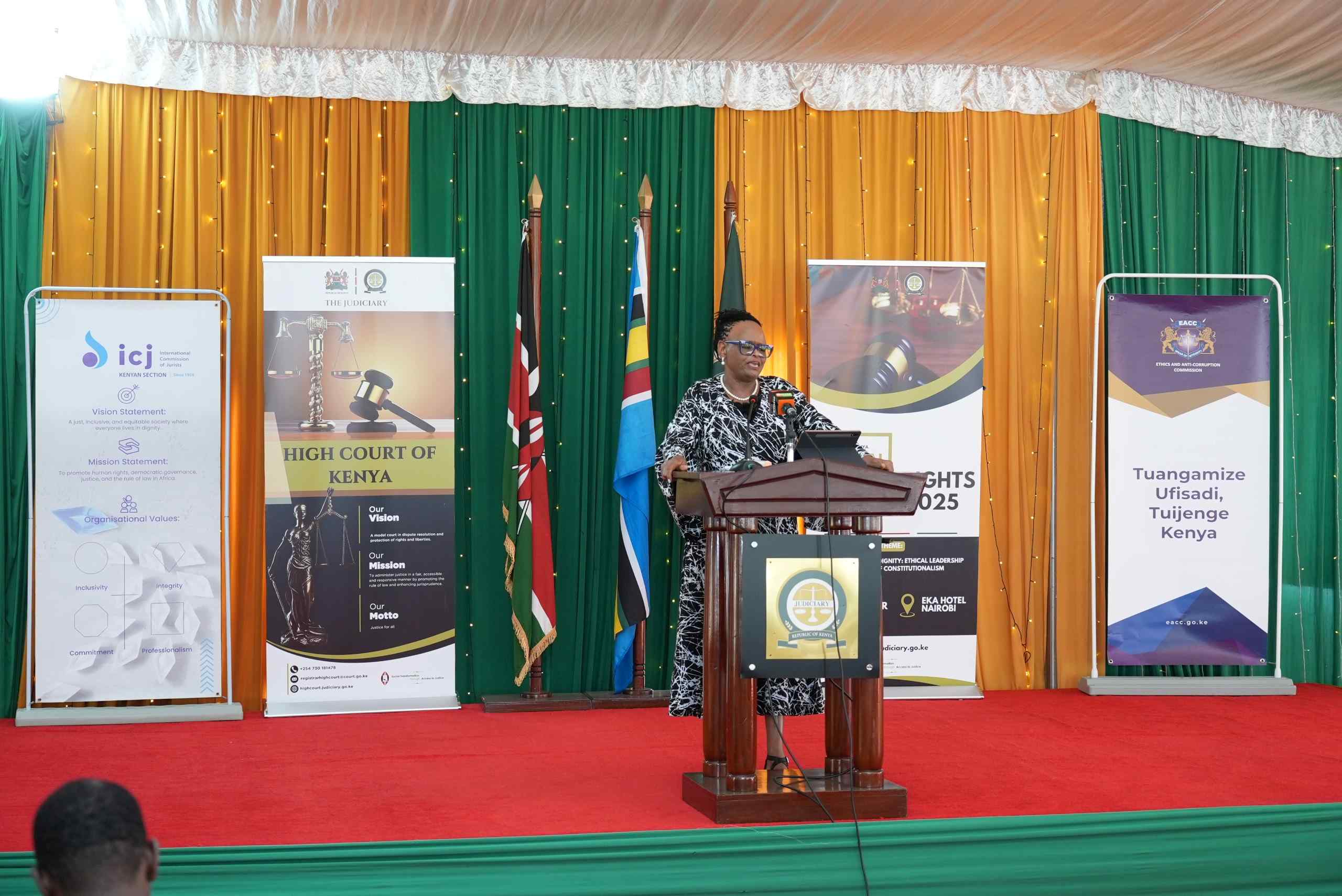Anti-doping agency denies role in Edward Zakayo’s retirement amid disciplinary controversy
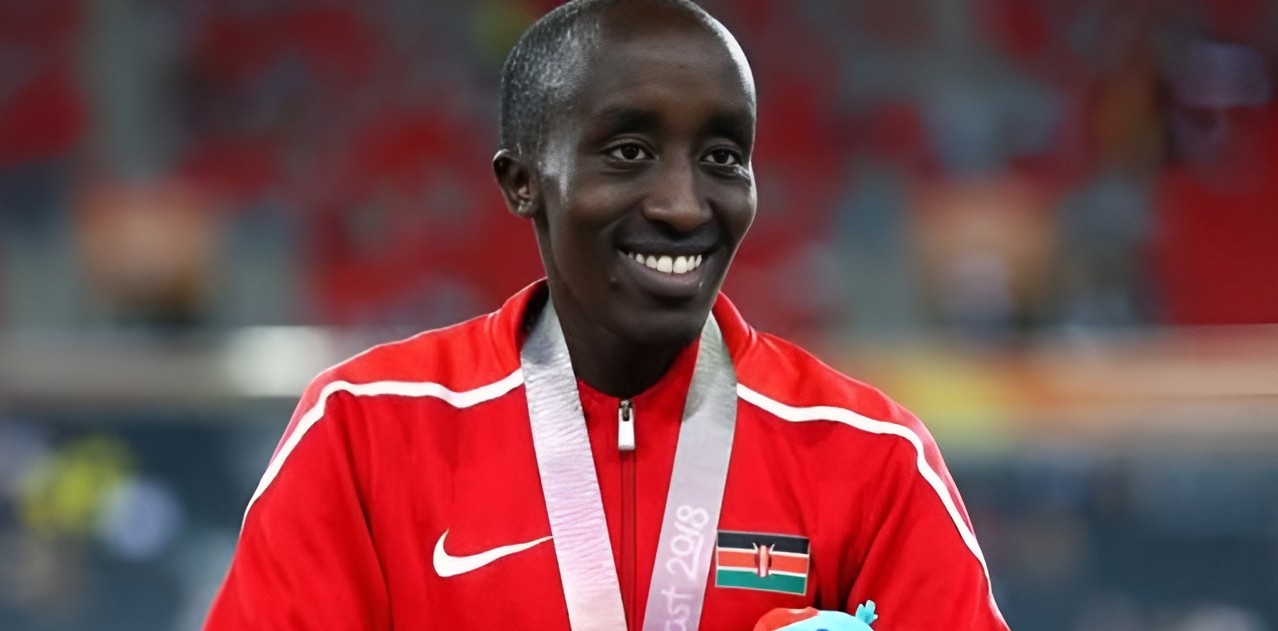
On Tuesday, the agency issued a statement dismissing allegations that it mishandled his case following a suspension over three “whereabouts failures” within 12 months.
The Anti-Doping Agency of Kenya (ADAK) has rejected claims that it influenced the retirement of rising athletics star Edward Zakayo Pingua.
On Tuesday, the agency issued a statement dismissing allegations that it mishandled his case following a suspension over three “whereabouts failures” within 12 months.
More To Read
- Kenya steps up engagement with WADA amid doping watchlist pressure
- Ian Wambui breaks 5,000m world record, leads Kenyan podium sweep at 2025 Deaflympics
- Kenyan marathoner Esphond Cheruiyot banned three years for doping violation
- Middle-distance runner Esther Gitahi banned for four years over doping violation
- Kenya avoids WADA suspension, agrees to meet anti-doping standards within four months
- Court bars sports tribunal from handling doping cases against international-level athletes
“ADAK denies any form of intimidation or harassment. If anyone claims to act on ADAK’s behalf outside formal communication channels, we urge immediate reporting for investigation,” the statement, signed by Chief Executive Officer Sarah Shibutse Wahome, said.
Zakayo, a former world under-20 5000m champion and Commonwealth Games bronze medallist, announced his exit from professional athletics through two posts titled “Why I Left Athletics” and “My Truth,” which have garnered widespread attention.
Unfair disciplinary process
In the posts, he described what he called an unfair disciplinary process, noting that he was repeatedly called to Nairobi only to participate in virtual hearings.
He also stated that the lawyer assigned to his case was not of his choosing and that financial constraints sometimes prevented him from attending scheduled sessions.
ADAK, however, defended its handling of the matter, noting that the case followed legal procedures under the Sports Disputes Tribunal.
“All Anti-Doping Rule Violations cases handled by ADAK strictly comply with the Anti-Doping Act (2016), the ADAK Anti-Doping Rules, the World Anti-Doping Code, and International Standards for Results Management (ISRM),” the agency clarified.
The body added that Zakayo’s explanations, including his claim of a lost phone, were considered during the hearings. Still, it emphasised that maintaining accurate whereabouts information is the athlete’s responsibility under the World Anti-Doping Code.
“We understand the emotional strain that accompanies disciplinary proceedings. However, emotional distress cannot replace adherence to rules,” ADAK said.
Zakayo’s retirement has renewed scrutiny on ADAK, which is under pressure to meet World Anti-Doping Agency (WADA) ethics standards or face sanctions. Earlier this month, President William Ruto called for a full overhaul of the agency after WADA issued warnings following a 2024 audit that highlighted compliance shortcomings.
Top Stories Today


